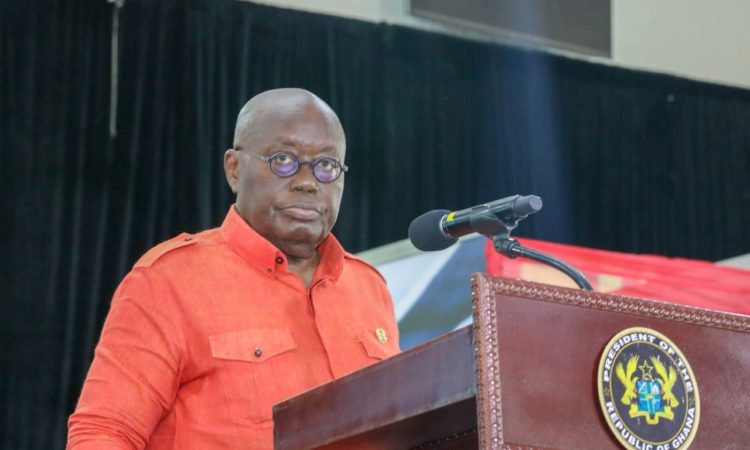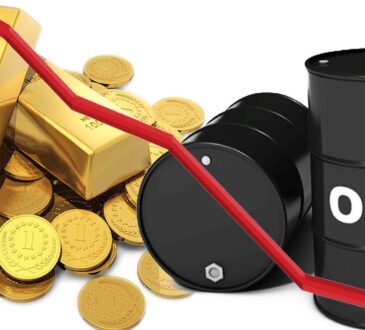KPMG report validates SML’s impact on Ghana’s petroleum sector …with GHS 2.45 billion tax revenue increase

A recent KPMG audit report has affirmed the significant impact of Strategic Mobilization Ghana Ltd (SML)’s audit services on Ghana’s downstream petroleum sector, noting an impressive increase of 1.7 billion litres in petroleum volumes and a corresponding tax revenue boost of GHS 2.45 billion to the state.
The report underscores the tangible benefits of SML’s services, including 24/7 electronic real-time monitoring of petroleum outflows, partial monitoring of inflows at depots, and advanced reconciliation processes that have substantially reduced under-declarations.
These services have been pivotal in enhancing state revenues and improving regulatory oversight.
“There is a clear need for the downstream petroleum audit services provided by SML. GRA
and the State have benefited from these services since SML commenced providing them.
There has been an increase in volumes of 1.7 billion litres and an increase in tax revenue to the State of GHS of 2.45 billion. KPMG also observed qualitative benefits, including a 24/7 electronic real-time monitoring of outflow and partial monitoring of inflows of petroleum products at depots where SML had installed flowmeters and six levels of reconciliation done by SML. This minimizes the occurrence of under-declarations.” the report highlighted.
However, KPMG has recommended a review of the existing contractual arrangements, particularly the fee structure.
In response, the President has directed a shift from a variable to a fixed fee structure to reflect SML’s proven efficiency over the past four years. Additionally, the review will consider adjustments to clauses concerning intellectual property rights, contract termination, and service delivery expectations.
The report also sheds light on some shortcomings, including SML’s partial fulfilment of service requirements and GRA’s inadequate monitoring and evaluation processes to assess and ensure accountability.
Consequently, KPMG suggests that should the contract be terminated without cause, the government would be liable to compensate SML for its investment, valued at approximately US$44 million.
This assessment is part of a broader examination by KPMG into the transactions between the Ghana Revenue Authority (GRA) and SML.
Despite previous challenges in securing Public Procurement Authority approval and parliamentary oversight as mandated by the Public Financial Management Act, of 2016, SML’s role has expanded under new contractual agreements ratified in 2020 and 2023 to include broader audit scopes in the upstream petroleum and minerals sectors. These developments mark significant strides in addressing regulatory and contractual inefficiencies in Ghana’s revenue assurance strategies.
By Eugene Davis







